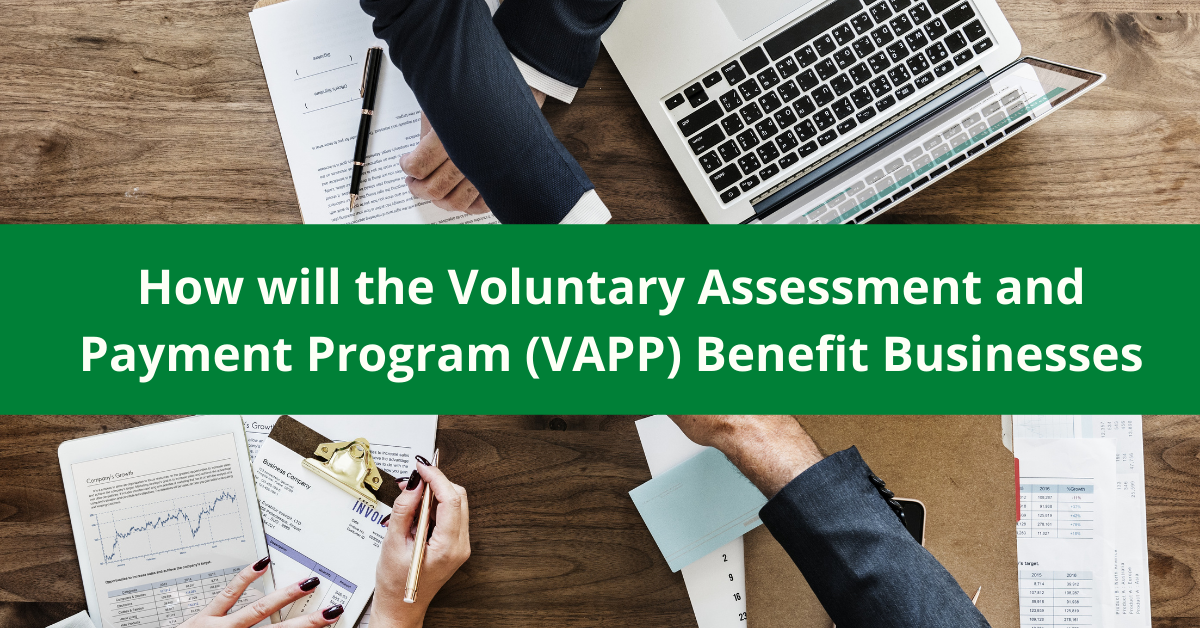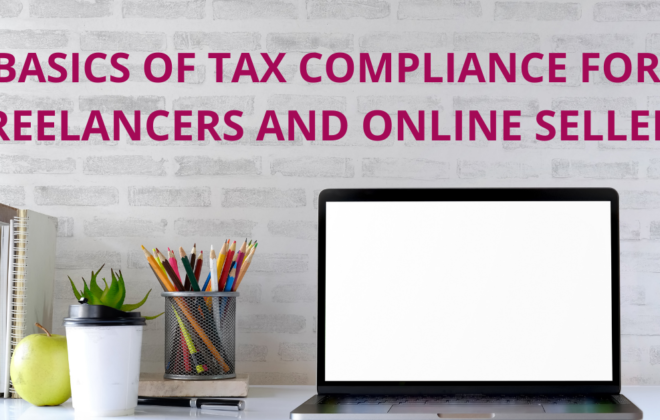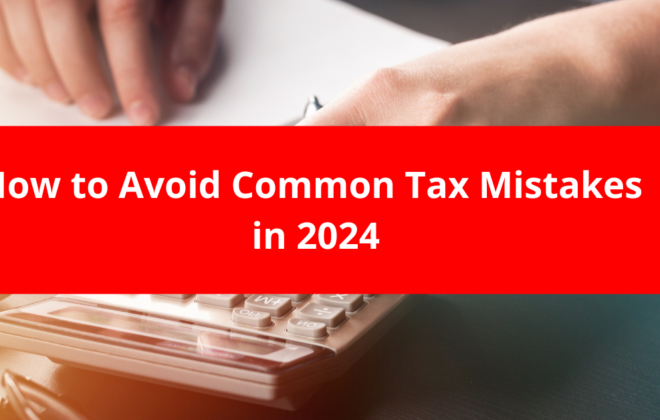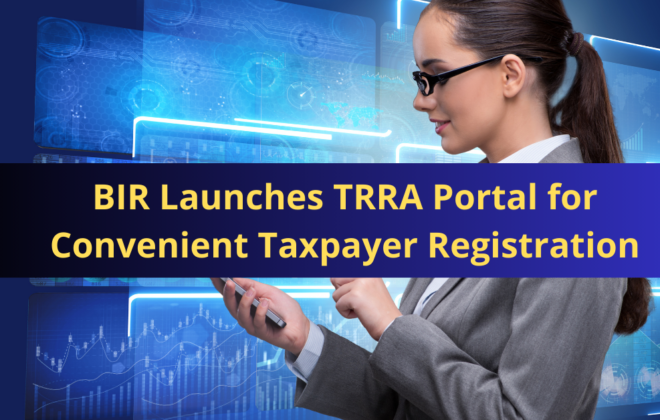How will the Voluntary Assessment and Payment Program (VAPP) Benefit Businesses
The government’s fight to eradicate the COVID-19 virus continues despite the dwindling public funds. Thus, the Bureau of Internal Revenue (BIR) issued Revenue Regulation 21-2020 (RR 21-2020) or the Voluntary Assessment and Payment Program (VAPP) as a way of collecting additional funds needed during these trying times.
Essentially, the VAPP encouraged taxpayers to enjoy certain privileges by paying additional taxes. At the same time, BIR collects more funds with the least administrative cost.
The program applies to all internal revenue taxes for the taxable year ending December 31, 2018, and fiscal year ending July 31, 2018, and June 30, 2019.
Taxes on one-time transactions (ONETT) such as estate tax, donor’s tax, capital gain tax, and ONETT-related creditable withholding tax (CWT), expanded withholding tax, and documentary stamp tax (DST) are also included.
Moreover, any taxpayer, natural or juridical, including estates and trusts who are liable to pay taxes but inadvertently or otherwise, paid his tax liabilities erroneously or failed to file tax return/pay taxes may avail of this tax amnesty.
Taxpayers disqualified from this program are those issued with Final Assessment Notice (FAN) that is final and executory on or before the effectivity of this regulation, those under investigation due to a piece of verified information about tax deficiency, and taxpayers with pending cases of tax fraud, tax evasion and other criminal offenses related to violation of tax laws.
So, if you think you are qualified to participate in this program, here are the benefits that you may want to know:
1. No Audit
The Bureau of Internal Revenue (BIR) will not audit a taxpayer who avails of the program and ultimately issued the Certificate of Availment.
If the taxpayer-VAPP applicant is under audit, the bureau will suspend the examination while the application for VAPP is under review. When the application is approved, the Certificate of Availment will be issued.
The approval will also pave the way for the cancellation of the audit. In contrast, for disapproved applications, the audit examination will resume.
Tax audit is sometimes stressful because examiners require a taxpayer to present many documents. This task is even more difficult now; we cannot immediately show the papers because of our restricted movement.
2. Rectify Incorrect Filing and Payment of Taxes
The program allows taxpayers who have filed and paid incorrect taxes to rectify their errors.
Filing and paying correct taxes gives you some confidence, knowing that you help the government accumulate funds needed to finance the government’s projects and programs to fight the COVID 19 pandemic.
3. Avoidance of Lawsuit due to Incorrect Filing and Payment of Taxes
The pandemic has affected us in so many ways. With businesses shutting their operations and some of us losing their jobs, we can barely meet our daily needs. Thus, dealing with legal cases and paying tax penalties for erroneous taxes should not form part of our worries.
4. Compliance to Inter-Agency Task Force’s (IATF) mandate on health and safety protocols
With the taxpayer no longer subjected to regular BIR examination for the taxable year 2018, the face-to-face interaction between the taxpayer and BIR is avoided compared to the usual tax audit process.
Consequently, the risk of possible transmission of the COVID-19 virus between the taxpayer and BIR employee is lessened, which complies with IATF’s health and safety standards.
The VAPP works both ways – the government collects revenue with minimum administrative cost while the taxpayers pay additional taxes but enjoy tax incentives at the same time. This strategy is a reflection of what the Bayanihan spirit is all about. The success of this program will tell us that, indeed, this endearing Filipino trait is alive in each one of us.
Please refer to this link to read the Voluntary Assessment and Payment Program (RR 21-2020). You may also want to read RMC 111-2020, which answers specific issues related to RR 21-2020.
——————————-
Do you need assistance with tax compliance and bookkeeping? Our team would be happy to help you. Contact us today! Email us at info@djkaaccounting.com or send us a message on Facebook: https://www.facebook.com/djkaaccounting
Recent Posts
- New Features and Functionalities of the Online Registration and Update System (ORUS)
- A Comprehensive Guide to Taxation for Freelancers in the Philippines
- New Tax Laws in 2024: What Changes Filipino Taxpayers Should Prepare For
- How to Avoid Common Tax Mistakes in 2024
- Tax Deductions and Benefits Often Overlooked by Filipino Taxpayers





